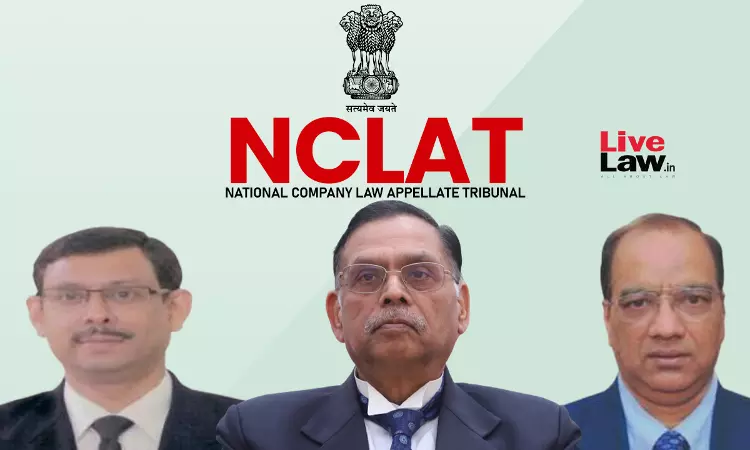The National Company Law Appellate Tribunal ('NCLAT'), New Delhi Bench, comprising Justice Ashok Bhushan (Chairperson), Barun Mitra (Technical Member), and Arun Baroka (Technical Member) held that the Claim of workers employed through sub-contractor filed through sub-contractor as Operational Debt cannot be treated as workmen of Corporate Debtor.Background FactsThe Appeal has been filed...

